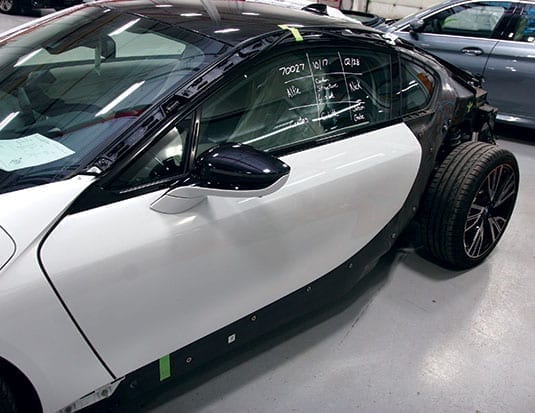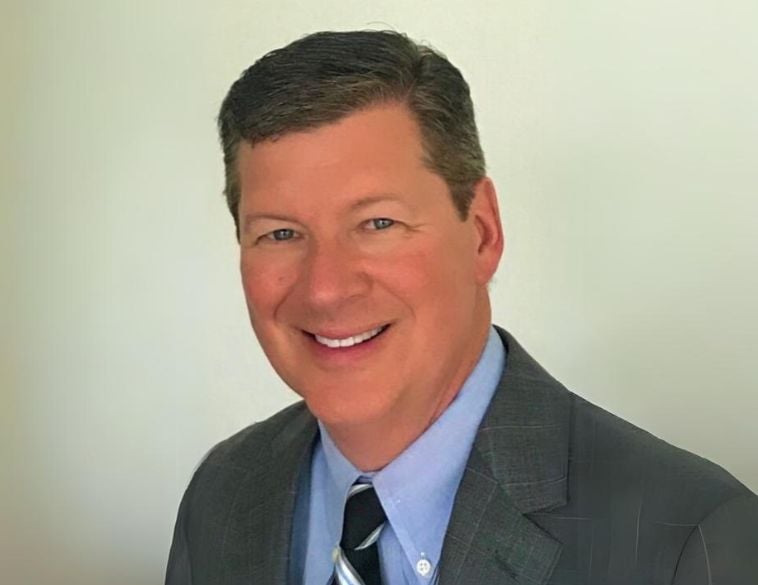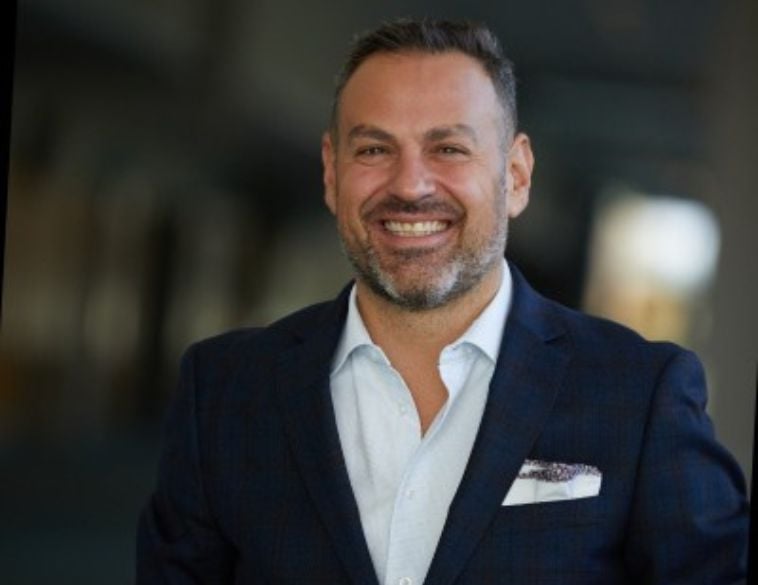The high-tech vehicles of today are the common vehicles of tomorrow.
Our shop has been BMW i-Certified for the last five years. During that time, we’ve had the odd i3 come in, mostly for cosmetic work. At the end of last year, however, we were presented with something new—repairing two BMW i8s that had received structural damage to the Life Module.
What was interesting is that both these cars were shipped to us from other BMW Certified Collision Repair Centre (CCRC) facilities because they were hesitant to carry out these complex repairs.
First time
When the i8s arrived here, we knew at the time that we hadn’t done anything like this before. We’ve done the online courses and sent our technicians for the required training but there is still nothing like actually doing the repair for the first time.
What amazes me is why some other shops would rather send us the work than try and fix these vehicles themselves, even though they’re certified to do so.
For me, there is something exciting about venturing into the unknown, in repairing new types of vehicles or working with new materials. And once you start doing it, you become better at it and more comfortable. Our facility was one of the very first to install a complete aluminum room and today, replacing aluminum quarter panels on Jaguars and Land Rovers is pretty much routine.
Even when it comes to electrified vehicles such as the Tesla Model S and Model X, you need to learn how to repair them. Right now, there are very few shops that are able to repair these vehicles correctly and granted, getting the parts for them can be a challenge, but it’s the way of the future. These cars today are showing us what the vehicles of tomorrow will look like, and if you want to survive you need to learn how to repair these vehicles, get the approvals and then dive and do the work.
Who really benefits?
It just amazes me why shops are turning these vehicles away. Ok, so facilities like ours welcome the work and we know we can do it, but at the end of the day the shop that sends the vehicle to us is hurting both their bottom line and their image.
Imagine it from the customer’s standpoint. Their vehicle gets involved in a collision and their insurance company sends it to a shop that is certified to repair that vehicle. But despite having the training and the certificates to prove they’ve made the investment, the shop sends it somewhere else. Ok, so the vehicle ends up being repaired properly, but the customer knows that it wasn’t the shop it was originally assigned to, and the dealership where that vehicle was purchased also knows which shop actually did the repairs. So, moving forward, who do you think is going to get the business?
Fear of the unknown
There might be a myriad of reasons why a shop feels they can’t handle repairing advanced vehicles even though they’ve made the investment in training and certification. I think one of them is fear of the unknown. If you’ve taken the time to make the investment, then certainly you want to make sure you get the ROI, and the only way to do that is to repair these vehicles. Even though you might see only one or two over the next several months, over the next several years that could turn into 10, 20 or more. And if you are not willing to learn how to fix them now, chances are that by then, your business could well be a distant memory.



